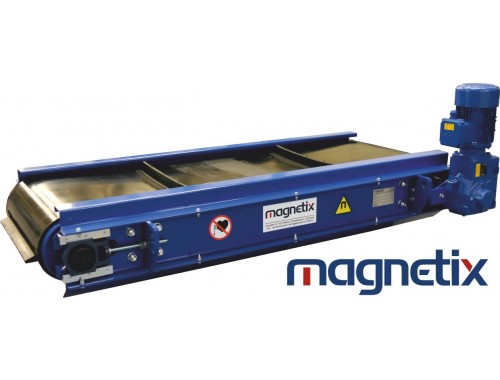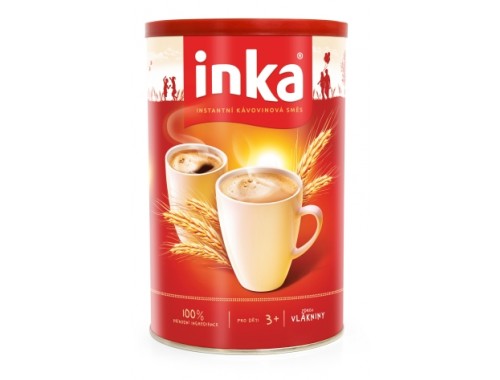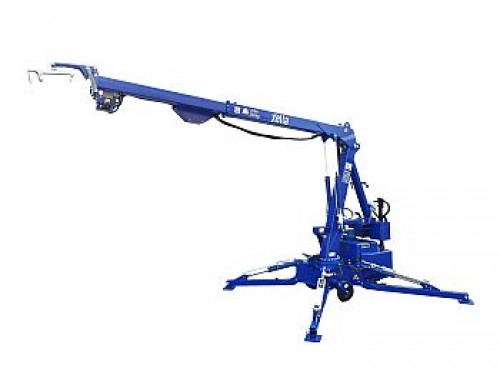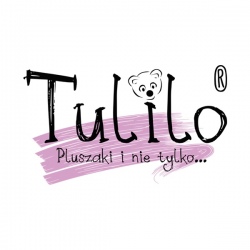What is the Polish economy famous for?
The Polish economy plays a significant role in Central and Eastern Europe and is one of the fastest-growing in the region. Over the past three decades, it has undergone substantial structural changes, transforming from a centrally planned socialist economy into a dynamic capitalist market. Today, Poland is one of the economic leaders in the European Union and plays a key role in the region. Industry, agriculture, services, and the technology sector are the foundations of the Polish economy, and various reforms and investments have helped the country achieve stable economic growth.
One of the main pillars of the Polish economy is industry. Poland is one of the largest producers of steel and machinery in Europe, and the manufacturing sector is crucial for exports. The automotive industry, which includes the production of cars and automotive parts, is particularly important. Factories of major automotive giants like Volkswagen, Fiat, and Opel are located in Poland, along with numerous component suppliers for the automotive industry. This production not only serves the domestic market but is also exported to countries worldwide.
In 2023, according to data from the Central Statistical Office (GUS), Poland was the sixth-largest car producer in the European Union, a result of numerous foreign investments in the automotive sector. Poland produced around 450,000 cars annually, placing it among the top countries in the region. In addition to the automotive industry, Poland is also a significant producer of agricultural machinery, construction equipment, and other industrial technologies, contributing to the country’s diversified economic profile.
The energy sector also plays a crucial role in the Polish economy. Poland is one of the largest producers of hard coal in Europe. In 2022, coal production reached approximately 54 million tons, making Poland the third-largest coal producer in Europe, after Germany and Russia. Although coal continues to play a significant role in the Polish economy, the country is striving to diversify its energy sources and increase the share of renewable energy. In 2021, renewable energy sources accounted for 16.9% of Poland's total energy production, reflecting policies aimed at reducing dependence on coal and carbon emissions. The growing interest in renewable energy, such as wind power and photovoltaics, creates new investment opportunities in the energy sector.
Poland is also a key player in the European agricultural sector. The country has enormous potential in food production, both for the domestic market and for export. Poland is one of the largest producers of cereals, potatoes, fruits (especially apples), and meat in Europe. Apples are one of Poland's most characteristic export products, with the country being the largest producer of these fruits in Europe and the third-largest globally. In 2022, Poland produced around 3.6 million tons of apples, accounting for nearly 10% of global production. Agriculture also plays an important role in ensuring the country’s food security, and Polish agricultural products are in high demand in European Union countries and beyond.
The chemical industry is another sector where Poland is experiencing significant growth. The country is one of the leading producers of fertilizers, chemicals, and petrochemical products in Europe. Companies like Grupa Azoty and PKN Orlen play a key role in this industry. Notably, Grupa Azoty, one of the largest fertilizer producers in Europe, exports its products to many countries, contributing to the dynamic growth of Poland's chemical sector. Poland is also a significant producer of pharmaceuticals, with the pharmaceutical sector playing an increasingly important role in the economy.
The services sector has also grown rapidly in recent years. The financial services, IT, and outsourcing sectors, in particular, are experiencing dynamic growth. Many multinational corporations operate in Poland, relocating their shared service centers to the country. Cities like Kraków, Warsaw, Wrocław, and Gdańsk have become major outsourcing hubs, attracting foreign investments. According to a report by the Polish Investment and Trade Agency (PAIH), in 2021, Poland was one of the leaders in Europe in terms of the number of shared service centers, with over 1,500 such units operating in the country.
The technology sector also plays an increasingly significant role in the economy. Poland has become a hub for tech start-ups and innovative companies, especially in areas such as fintech, artificial intelligence, video games, and e-commerce. The IT sector in Poland is growing rapidly, and the country has become an attractive destination for foreign companies seeking skilled IT workers. In 2021, exports of IT services from Poland amounted to around 30 billion PLN, and the number of people employed in this sector exceeded 400,000.
The construction sector also plays a crucial role in the Polish economy. The increasing number of infrastructure investments, particularly those related to transport, real estate, and residential construction, contribute to the development of this sector. Poland has been benefiting from European Union funds for years, allowing the implementation of key infrastructure projects, such as the modernization of roads, railways, ports, and the development of the energy grid. In 2022, the value of construction investments in Poland exceeded 300 billion PLN, and this sector plays a key role in sustaining economic growth.
Poland’s economy is also highly integrated with the European Union market, which has a significant impact on its development. The country has been a member of the European Union since 2004, bringing numerous benefits such as access to the single market, structural funds, and increased interest from foreign investors. According to Eurostat, in 2022, Poland was the seventh-largest exporter in the European Union, with exports totaling around 290 billion euros. The main export products are machinery, vehicles, chemicals, and agricultural products. Germany is Poland’s largest trading partner, both in terms of exports and imports, reflecting the strong economic integration between the two countries.
The Polish economy is also characterized by a stable labor market, although it faces some challenges such as an aging population and labor migrations. According to GUS data, the unemployment rate in Poland in 2022 was around 5.2%, one of the lowest levels in the European Union. However, labor shortages in some sectors, such as construction, IT, and healthcare, pose challenges to the continued growth of the economy.
In conclusion, the Polish economy is marked by dynamic growth, a diverse industrial structure, and a growing role for innovative sectors. Industry, agriculture, energy, services, and technology form the pillars on which the country’s development is based. Poland is becoming increasingly competitive in international markets, and stable economic policies and integration with the European Union contribute to its success. However, to maintain growth and meet future challenges, Poland must continue to invest in innovation, sustainable development, and workforce education to keep pace with the changing demands of the global market.
- Economy
- Export
- International cooperation
- Construction sector - Joinery, engineering and building architecture
- Agriculture, Food
- Regional development, investment in Poland
- What's worth knowing
Economy
What is the Polish economy famous for?

Source: https://www.poland-export.com/

See also:

Chocolate and chocolate products from Poland
For years, Poland has been strengthening its position as one of the key exporters of chocolate products in Europe. Chocolate exports constitute an important segment of Polish foreign trade and cover a wide range of chocolate products

Cherry Export. Polish Cherries Around the World
The export of cherries from Poland is playing an increasingly important role in the international fruit market.

Cosmetics export. Cosmetics from Poland
The export of cosmetics and toiletries from Poland is developing at a dynamic pace, thanks to which Poland has gained the status of one of the leaders in the production and sale of these products in Central and Eastern Europe

Export of Windows: Window Joinery from Poland
Poland has been playing an important role on the international window market for many years, being one of the largest window exporters in the world.

FTA - Free Trade Agreements: Do They Exist and Can They Lower Tariffs?
Free Trade Agreements (FTAs) are key tools in international trade policy, aimed at reducing trade barriers...
Help needed ?
If you have not found the desired product, company, service or the searching results are not satisfactory for you, do not hesitate to contact us and tell what you are looking for or what you need. We will send your inquiry directly to the interested companies.
Write to us

 pl
pl  en
en  de
de  es
es  fr
fr  it
it  pt
pt  ru
ru  sv
sv 














.jpg)


